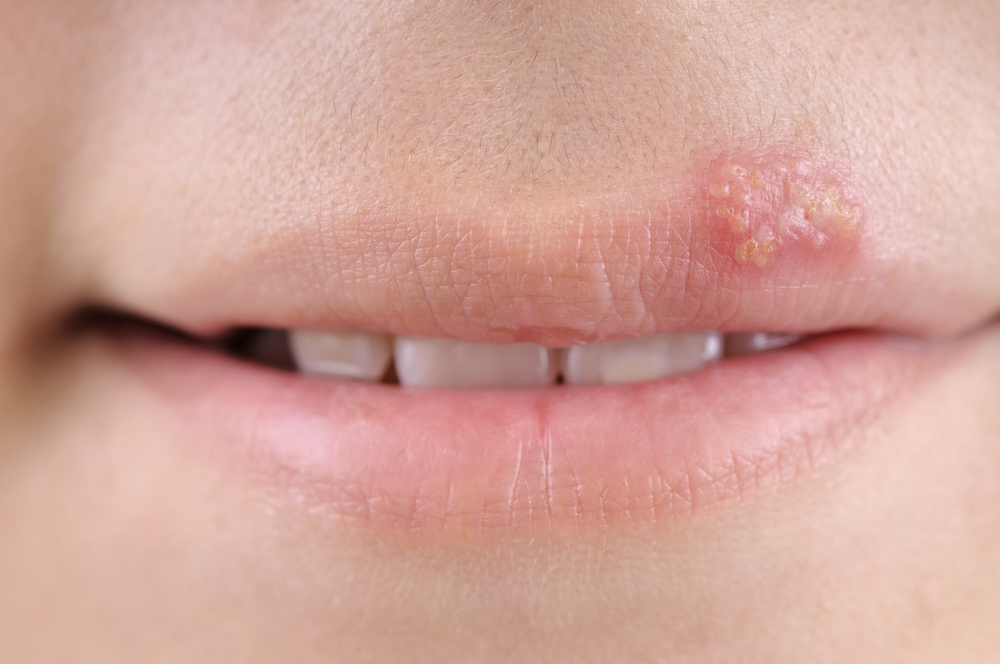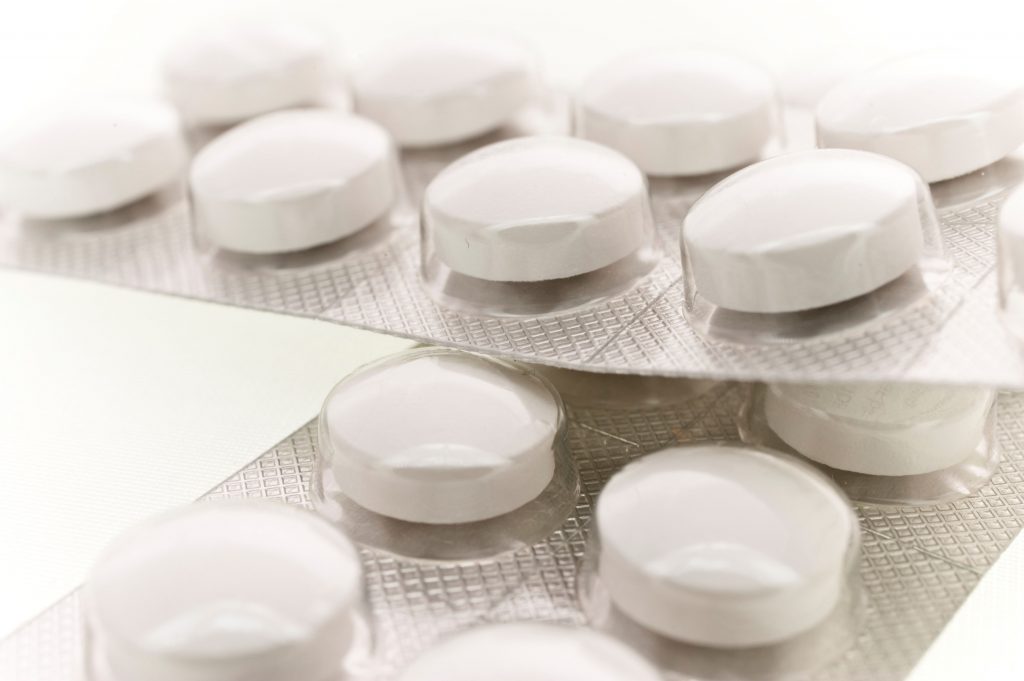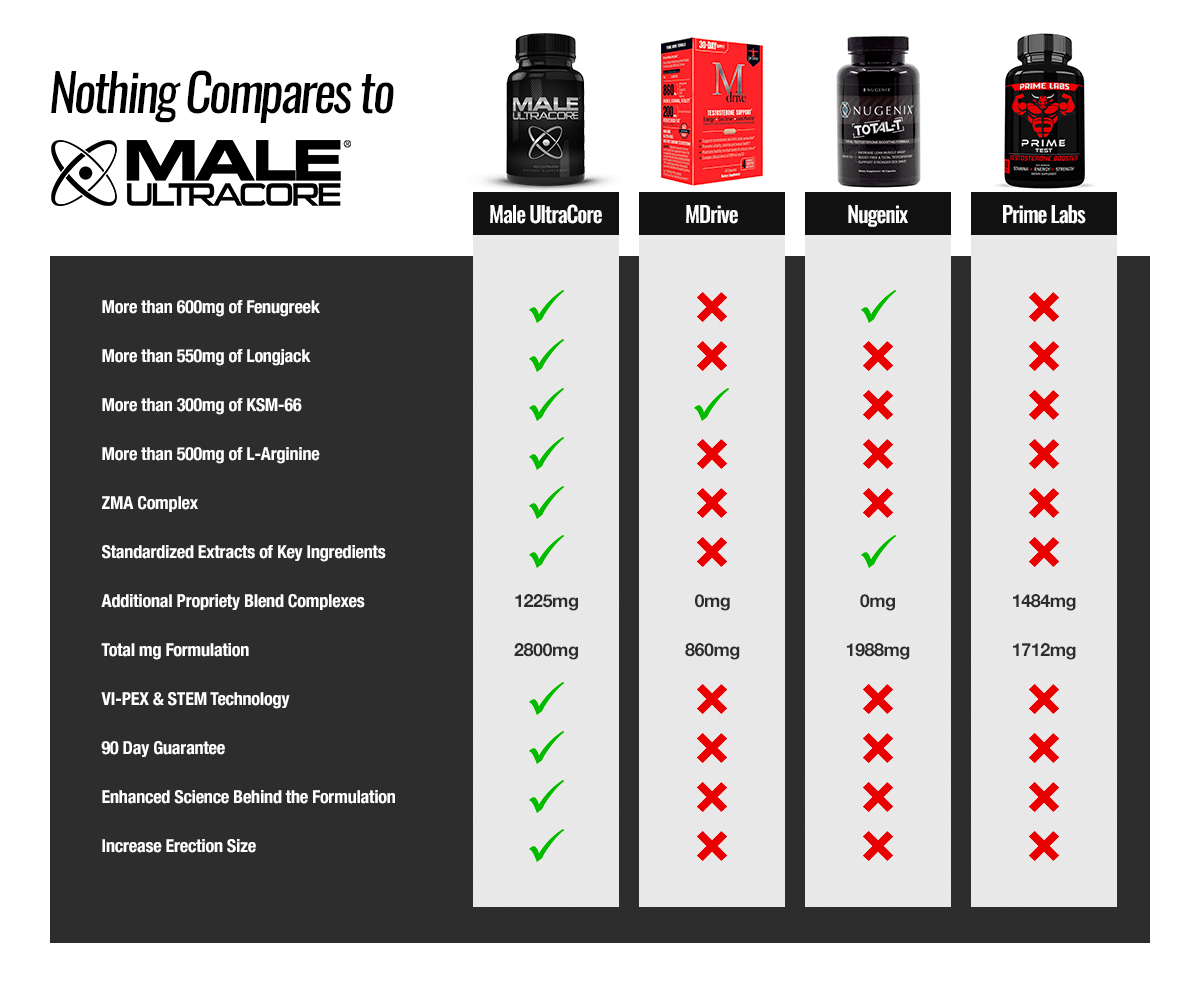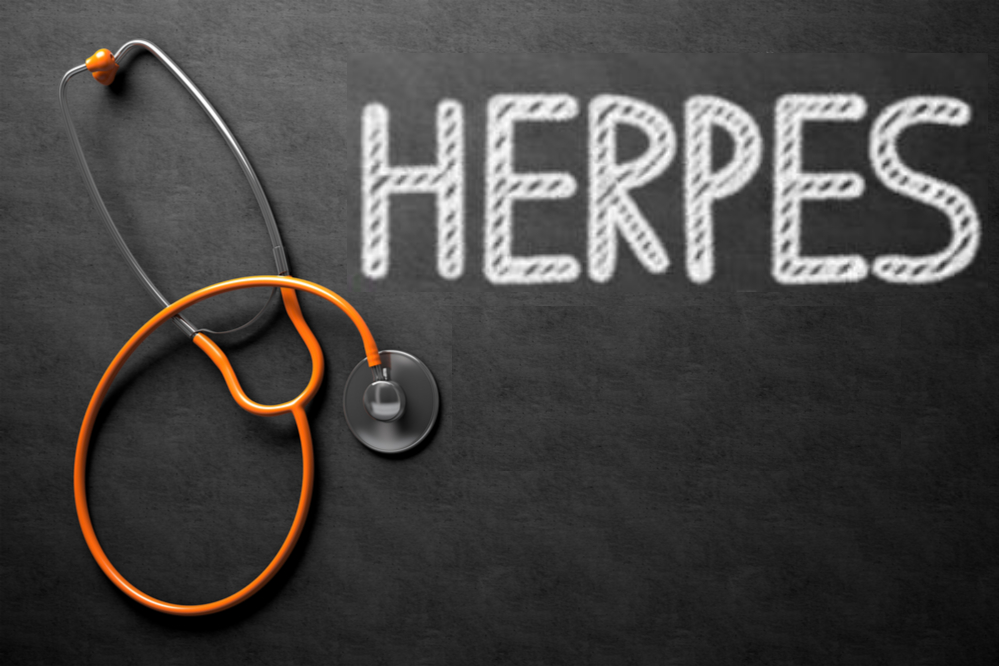The problem with herpes is that once you’ve got it, the virus stays with you. You may have heard of cold sore creams and medications, but they’re really only for managing the symptoms of herpes-like cold sores.
In truth, there’s no cure for herpes. And there’s no available vaccine, either. So if you happened to be unfortunate enough to acquire it, you would have an STD for the rest of your life. Learn more about how you can avoid herpes and how to manage cold sores outbreaks.
What is HSV1?
Herpes simplex virus type 1 or HSV1 is a virus that causes oral herpes, although there are instances when it can lead to genital herpes as well. Genital herpes, however, is most commonly associated with the type 2 virus or HSV2, but it can also cause oral herpes if there’s genital-to-oral contact.
Because the herpes simplex virus can be transmitted either through sores on the skin or oral secretions, the infection can easily spread. In fact, herpes is one of the most prevalent sexually transmitted diseases worldwide.
You can acquire herpes even if you don’t have skin contact with an infected person. If you share eating utensils, for instance, the herpes virus from an infected person’s saliva can easily transfer to you and you will end up with oral herpes.
Kissing is another common way by which HSV1 spreads. Any skin contact with a cold sore can transmit the bacteria. Hence, doctors strongly advise against kissing and oral sex when you or your partner is going through an outbreak of cold sores.
What are the Symptoms of HSV1?

Cold sores are the most recognizable symptom of oral herpes. They are also sometimes called fever blisters. When cold sores appear, they usually grow in clusters or group and they will be filled with fluid.
Fever blisters usually form on the lips or around it. However, the blisters may also grow on or inside your nose, cheek, chin, and even down your neck. They can also appear on the back of your throat or inside your mouth. When the cold sores grow on your face, it’s called oral-facial herpes.
Over a period of several days up to two weeks, the blisters will break and the fluid will ooze out of them. After this, a scab or yellow crust will form over the blister. The crust will just naturally fall off and disappear when the outbreak ends.
First Episode
The initial herpes outbreak is typically accompanied by pronounced symptoms. Because it is a viral infection, you may develop a fever and you may also experience muscle aches. A sore throat and swollen lymph nodes are also common symptoms. If the blisters form on your gums, they can make your gums reddish, swollen, and painful.
If your symptoms are particularly severe, it may be too painful for you to eat or drink. Because of this, many people who suffer an HSV1 outbreak sometimes become dehydrated and need hospitalization.
In many cases, however, herpes symptoms can be very mild such that they become mistaken for a different condition. Mild oral herpes symptoms are sometimes mistaken as pimples, chapped lips, or canker sores.
Recurring Outbreaks
Most people who acquire oral herpes experience recurring outbreaks. If your first episode was a mild one, your recurring episodes would also most likely be mild. However, the symptoms may vary for each person, so you may also experience a particularly severe outbreak.
You may experience a prodrome or a warning symptom. The prodrome usually occurs about a day or two prior to the actual appearance of cold sores. You’ll know it when you feel a tingling sensation or a burning sensation on the spot where the blisters will grow.
In recurring outbreaks, lesions or blisters will appear again on the same spot where the cold sores first grew. There are also times when the cold sores will appear on a different spot. Over time, the frequency of recurring outbreaks may lessen.
Why are There No HSV1 Vaccines?
If a pharmaceutical company started selling vaccines for herpes, it would certainly be a commercial success, considering that a huge portion of the population is infected with the virus. Unfortunately, it appears that developing such a vaccine isn’t easy at all.
First of all, the herpes virus can evade detection by your body’s immune system so even if you were injected with the vaccine, your body may still fail to develop antibodies to protect you from the virus.
On top of that, the herpes virus sometimes stays dormant for a long period. It’s possible for you to experience your first oral herpes outbreak years after you contracted the infection.
Developing a herpes vaccine requires hundreds of millions of dollars just for research alone. And it could take several years before clinical trials can even begin. Pharmaceutical companies have to deal with such obstacles before they can manufacture a viable HSV1 vaccine.
What Treatment Options are Available?
If you suddenly find painful blisters on your mouth or face, it’s best to have it tested right away. Even if the blisters are located on your face, you should have yourself screened for both HSV1 and HSV2 since both types of virus can cause fever blisters.

Suppressive therapy with oral antiviral medicines is the most common form of treatment for cold sores. Antiviral medicines are prescription drugs, so you will need your doctor’s prescription.
Cold sores or fever blisters generally clear up on their own even if you don’t take medications. However, oral antiviral medicines like valaciclovir, acyclovir, and famciclovir can help you by speeding up the healing process.
For those whose outbreaks are particularly painful, doctors often also prescribe pain relief medications. You can apply topical anesthetic gels or cold sore creams on the blisters to lessen the pain.
If you do use cold sore cream, make sure you don’t share it with anyone else to prevent spreading the virus. Don’t forget to wash your hands thoroughly after applying the cream on your cold sores.
Increase Your Testosterone Levels with Testosterone Boosters
Male UltraCore is a premium testosterone boosting supplement that is designed to maximize test levels, increase your performance and drive, and give you harder and fuller erections. 





